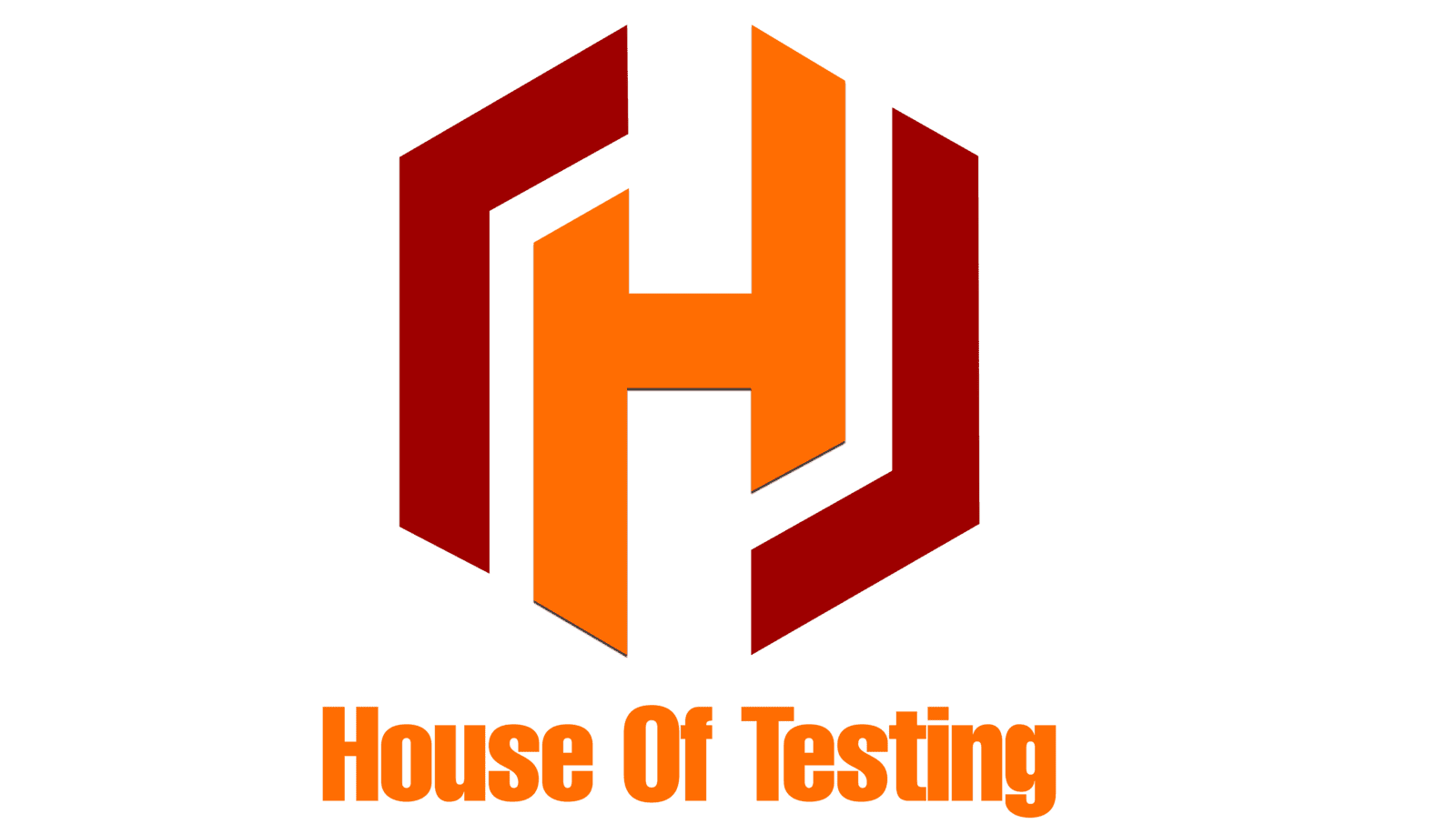Lithium Ion Batteries
Lithium-ion (Li-ion) batteries are a type of rechargeable battery that has gained immense popularity and widespread use in various applications, ranging from portable electronics to electric vehicles and renewable energy storage. They are known for their high energy density, longer cycle life, and relatively low self-discharge rate compared to other battery types, making them an ideal choice for many modern devices and systems.
Scopes & Testing
Lithium Ion Batteries
Here are some key features and characteristics of lithium-ion batteries:
1) Chemistry: Li-ion batteries use lithium ions to transfer between the positive electrode (cathode) and negative electrode (anode) during charge and discharge cycles. The most common cathode materials used in Li-ion batteries include lithium cobalt oxide (LiCoO2), lithium iron phosphate (LiFePO4), and lithium manganese oxide (LiMn2O4).
2) Advantages:
- •High Energy Density: Li-ion batteries have a higher energy density compared to other rechargeable battery types, allowing them to store more energy in a smaller and lighter package.
- • Longer Cycle Life: They can endure a larger number of charge and discharge cycles compared to many other batteries, making them suitable for long-term use.
- • Low Self-Discharge Rate: Li-ion batteries have a low self-discharge rate, meaning they retain their charge for longer periods when not in use.
- • No Memory Effect: Li-ion batteries do not suffer from the memory effect, so they do not require full discharges before recharging.
- • Lightweight: Their high energy density contributes to their lightweight design, making them ideal for portable applications.
3) Applications: Li-ion batteries are used in a wide range of applications, including:
- • Portable Electronics: Smartphones, laptops, tablets, cameras, and other mobile devices.
- • Electric Vehicles (EVs): Li-ion batteries power the electric drivetrains in EVs, providing them with the necessary energy to travel long distances.
- • Renewable Energy Storage: Li-ion batteries are used to store energy generated from renewable sources like solar and wind for later use.
- • Power Tools: Cordless power tools often use Li-ion batteries due to their high power output and lightweight design.
Li-ion batteries continue to be an area of active research and development, aiming to improve their safety, energy density, and cost-effectiveness further. As technology advances, Li-ion batteries are expected to play an even more significant role in shaping our increasingly electrified world.
Lithium-ion (Li-ion) battery testing is essential to ensure their safety, performance, and reliability. Proper testing helps identify any potential issues, such as capacity degradation, safety concerns, or manufacturing defects.
House of Testing Lab conduct these tests following established standards and guidelines, such as those provided by the International Electrotechnical Commission (IEC) or the United Nations Manual of Tests and Criteria for the transport of dangerous goods. Proper testing helps manufacturers, researchers, and end-users make informed decisions about battery selection, application, and safety considerations. Additionally, regular testing and monitoring during battery use can help identify any degradation or potential issues, allowing for timely maintenance or replacement.
PRODUCTS
- • Composition Type
- • Lithium Ion Batteries
STANDARDS
- • IS 16046 ( Part 1 )
- • IS 16046 ( Part 2 )
- • IEC 62133-1
- • IEC 62133-2
- • IS 16047 ( Part 3 )
- • IS 16046-1
- • IS 16046-2
- • IEC 62133-1
- • IEC 62133-2
- • UN38.3
- • IEC 60896
- • IS 16047
- • IS 16270
- • IEC 61000
TESTS
- • Charging / Discharging Test
- • Insulation Resistance Test
- • Continuous charging Test
- • Vibration Test
- • Moulded case stress at high ambient temperature Test
- • Temperature Cycling Test
- • Incorrect installation Test
- • Crushing Test
- • External short circuit Test
- • Free fall Test
- • Mechanical Shock Test
- • Thermal abuse Test
- • Low-pressure Test
- • Over-charging Test
- • Forced discharge Test
- • EMI EMC tests



